Olympians called out for accepting funding from fossil fuel industry
Sports around the world are earning a motza in sponsorship deals from oil and gas companies – but is this affecting the fight against climate change? And why is it called “sportswashing?”
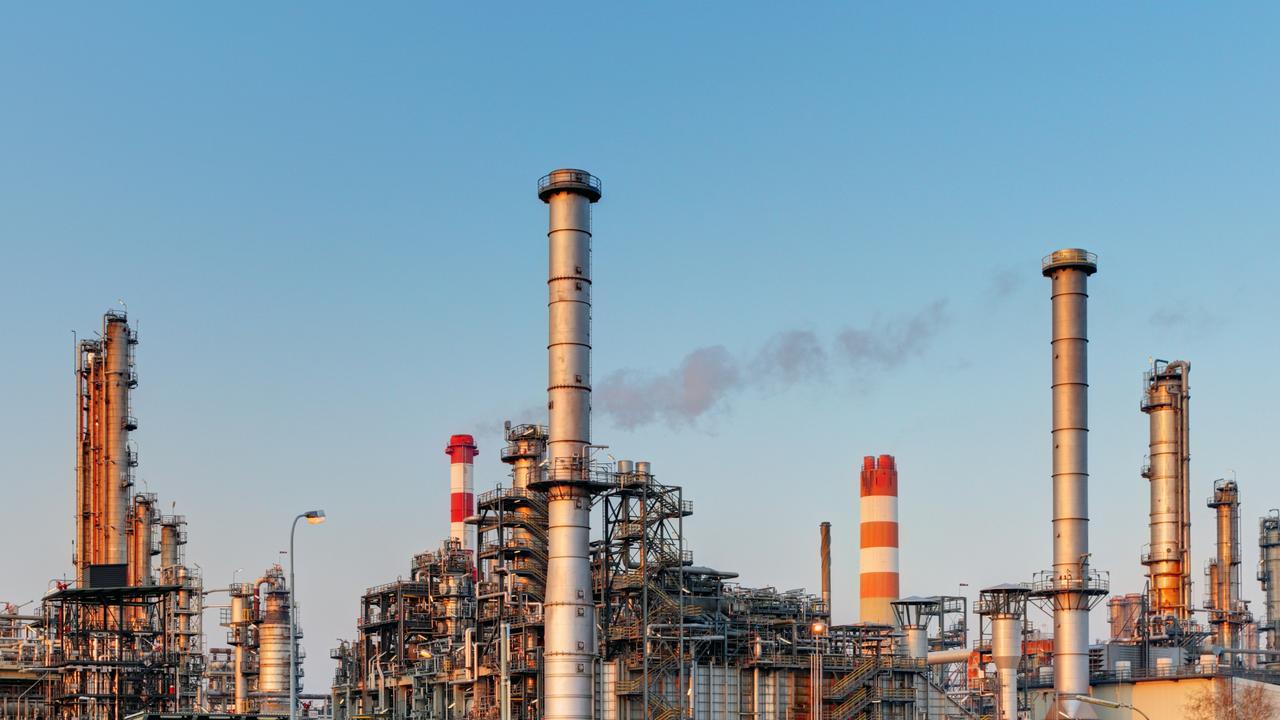
READING LEVEL: ORANGE
Socceroos legend Craig Foster has accused Australian Olympic heroes of being involved in global “sportswashing” and contributing to climate change by accepting sponsorship deals* from Australian mining company Hancock Prospecting.
Known for his work as a climate activist*, Foster is leading a global campaign to draw attention to sports teams and athletes that receive funding from fossil fuel producing oil and gas companies.
As part of the campaign, he has called out the Australian Olympic Committee in a foreword* written for a New Weather Institute report.
But what is “sportswashing” – or “washing” more generally? And what does it have to do with the future of our planet?
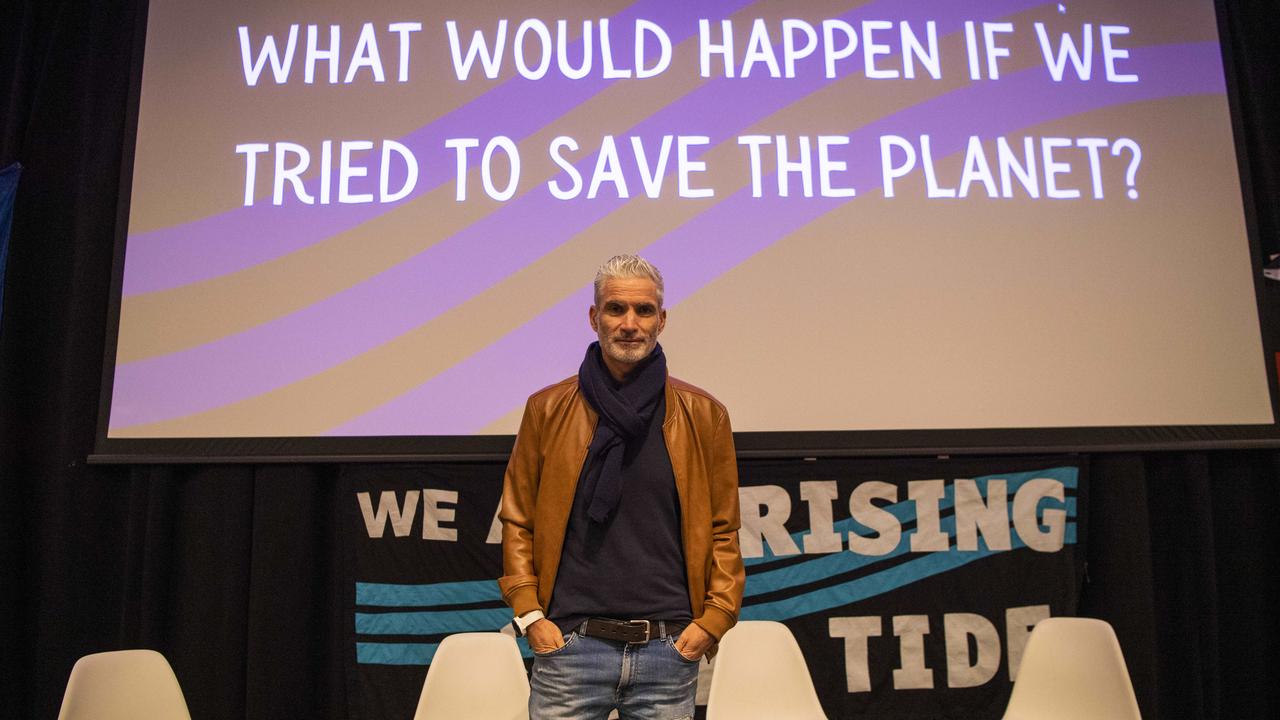
WHAT IS SPORTSWASHING?
Despite its name, sportswashing has nothing to do with keeping athletes or sports clean. In fact, it’s more like the opposite.
Just as “greenwashing” refers to the way some companies give a false or misleading impression that their products are environmentally friendly, “sportswashing” uses the popularity of sport to draw public attention away from unethical conduct*. In the case of Foster’s claims, this has to do with the negative impact that fossil fuel companies are having on the environment through climate change.
He said by accepting money from oil and gas companies, athletes and sporting teams are promoting the actions of polluters – and in the process, contributing to climate change.
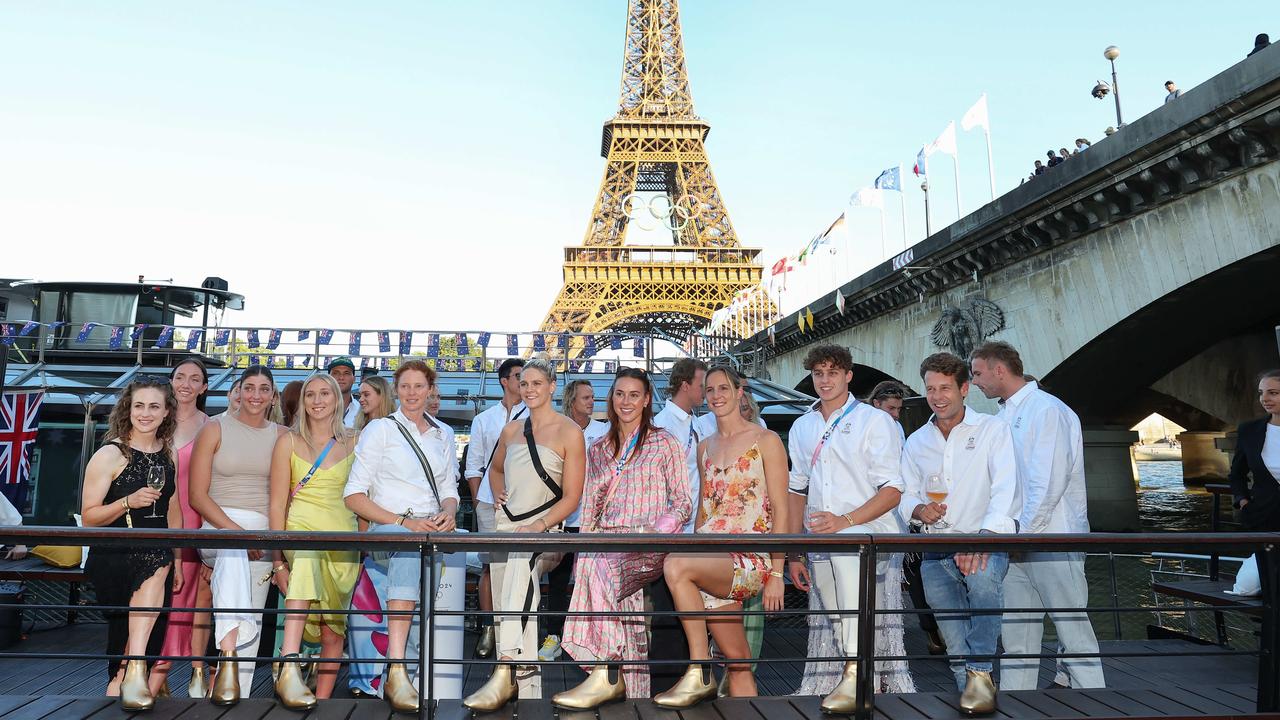
FOSSIL FUELLING OUR OLYMPIC DREAMS
The head of mining company Hancock Prospecting Gina Rinehart has been very public in her support of Australian sport.
Ms Rinehart directly funds Australian swimmers through Swimming Queensland and many Australian Olympic athletes expressed gratitude to Ms Rinehart after the Paris Games for making their Olympic dream financially possible*.
The mining magnate* even hosted Olympic swimming and rowing medallists from Paris on a lavish River Seine cruise during the Games and shares generous gifts with athletes each year at private functions.
It is claimed Hancock Prospecting funded up to a quarter of the athletes on the Paris Olympic team via partnerships in sports across swimming, rowing, artistic swimming and beach volleyball.
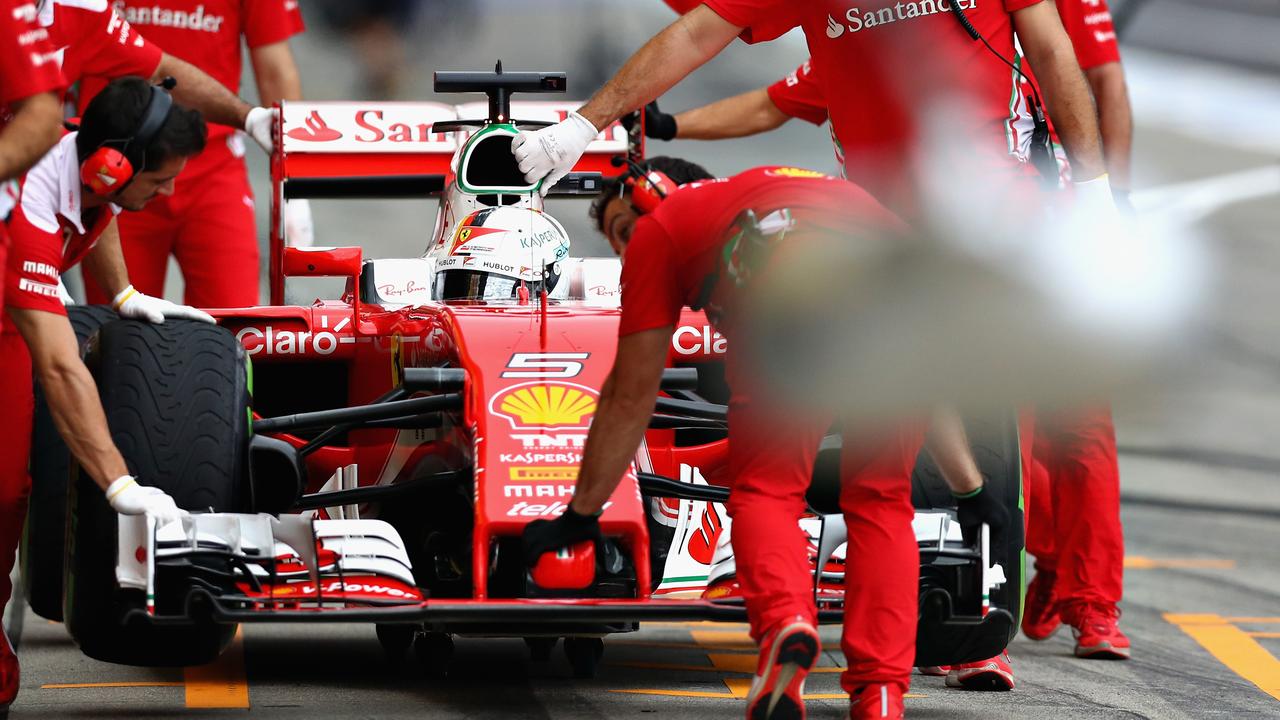
OTHER SPORTS LINKED TO POLLUTION
While Foster highlighted the Olympic relationship in his report, the major focus was on the billions pocketed in other sports around the world through sponsorship deals with fossil fuel companies.
The global report names motorsport and football as the biggest earners from sponsorship deals with fossil fuel companies, pocketing an estimated $2.186 billion and $994.5 million respectively* across 99 current deals with gas and oil companies. Rugby Union and golf are next on the list.
“It’s sobering*, though unsurprising, to see that my own sport, football, leads the league of shame for fossil fuel sponsorship,” Foster said.

The report claims that Australian rules football will pocket about $24 million from sponsorship deals across the AFL and its clubs. This is more than global sports like tennis and cricket.
Fremantle, Port Adelaide, Carlton, Brisbane, Hawthorn and West Coast hold deals with companies the report claims as polluters while the league itself has a partnership with oil company Shell that the report values at $1.1 million each year.
THE FUTURE OF SPORT SPONSORSHIP
Foster has warned that Australia, given its recent history of bushfire and flood climate emergencies, needs to find a new path forward from the sportswashing issues ahead of the 2032 Olympics and Paralympics in Brisbane.
“Australians are characteristically* eager (for Brisbane 2032), for sport is in our DNA,” Foster said.
“But for too long, the uncomfortable questions regarding the oil and gas sponsors who are undermining* our safe future and that of sport have been ignored.”
“We, as athletes, fans, and custodians* of sport, must address them. There is no place for fossil fuel sponsors in sport.”
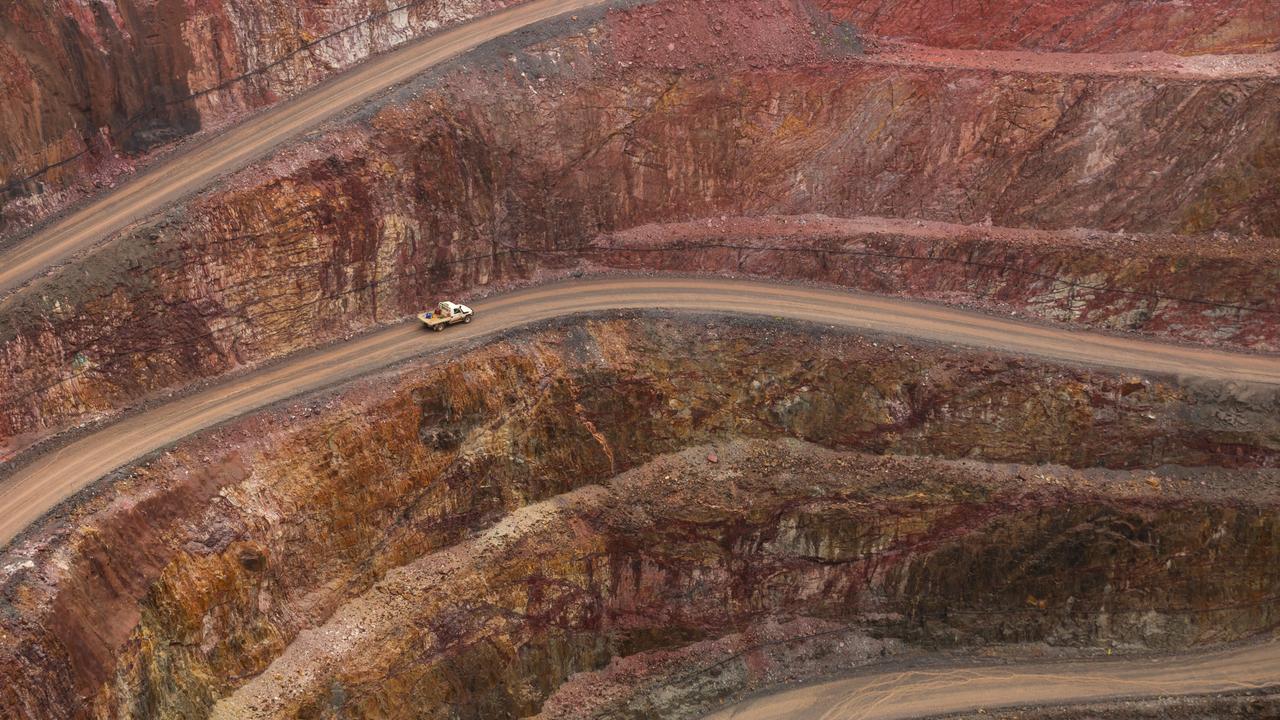
For all the arguments posed by the report, titled Dirty Money: How Fossil Fuel Sponsors are Polluting Sport, trying to find replacement sponsors could pose a challenge for sports leagues and clubs.
If the Australian Olympic Committee was to take Foster’s advice, it would be ditching one of its biggest partners ahead of an eight-year run to a home Olympics.
WEIGHING UP THE VALUE
Not everyone agrees with Foster’s sentiment*.
Former Olympic rower and now Rowing Australia CEO Sarah Cook said Hancock Prospecting’s sponsorship was vital to her sport.
“We’re very grateful for the support of Mrs. Rinehart and Hancock Prospecting,” she said.
“It means a great deal to Rowing Australia and our athletes, and it predominantly* goes towards directly supporting our athletes to be able to train full-time to represent their country.”
The report estimates that sport will earn $5.6 billion globally from the industry via its 205 active deals.

Hancock Prospecting defended its investment in sport.
“Hancock Prospecting has invested significantly in Australia to provide top agricultural produce for Aussies to enjoy, with millions invested to better care for animals, and iron ore without which Australia and the world could not build machinery, machinery needed for farms and factories, indeed needed for everything from cars, phones, and multi-story hospitals, to sports stadiums and renewable energy,” a spokesman for the company said.
POLL
GLOSSARY
- sponsorship deals: where companies agree to fund the activities of an athlete or team or pay them in exchange for the promotion of their brand or image
- climate activist: someone who fights for change and action to be taken against climate change
- foreword: a short introduction to a book or report, usually written by someone other than the author
- unethical conduct: actions that cause harm to others or to the planet and are considered to be ethically and morally wrong
- financially possible: being able to afford something
- mining magnate: a person who has become very wealthy through mining
- respectively: in the same order listed
- sobering: something that creates a more serious or solemn mood
- characteristically: part of someone’s character or personality
- custodians: caretakers
- undermining: making something or someone less powerful, meaningful or confident
- sentiment: feeling, argument or belief about something
- predominantly: mostly
EXTRA READING
Missing bees sound climate alarm
Would you drink recycled water?
Going for Goldy in 2026 Games
QUICK QUIZ
1. What is sportswashing?
2. Why does Craig Foster believe it needs to stop?
3. According to the New Weather Institute report, how much does the AFL pocket from sponsorship deals with oil and gas companies?
4. Which two sports are listed as the top earners when it comes to sponsorship deals with fossil fuel companies?
5. What is the name of the Australian mining magnate known for financially supporting the Olympic dreams of Aussie athletes?
LISTEN TO THIS STORY
CLASSROOM ACTIVITIES
1. Why is this important?
Why do sports rely on sponsorship deals? Use information from the story and possibly your research skills to write a short report on this.
Time: allow at least 25 minutes to complete this activity
Curriculum Links: English, Health and Physical Education
2. Extension
“This isn’t washing, it’s helping!”
Do you agree or disagree with this statement? Write very persuasive paragraphs on this question.
Time: allow at least 20 minutes to complete this activity
Curriculum Links: English, Civics and Citizenship
VCOP ACTIVITY
Wow word recycle
There are plenty of wow words (ambitious pieces of vocabulary) being used in the article. Some are in the glossary, but there might be extra ones from the article that you think are exceptional as well.
Identify all the words in the article that you think are not common words, and particularly good choices for the writer to have chosen.
Select three words you have highlighted to recycle into your own sentences.
If any of the words you identified are not in the glossary, write up your own glossary for them.
Extension
Find a bland sentence from the article to up-level. Can you add more detail and description? Can you replace any base words with more specific synonyms?
Down-level for a younger audience. Find a sentence in the article that is high level. Now rewrite it for a younger audience so they can understand the words without using the glossary.


